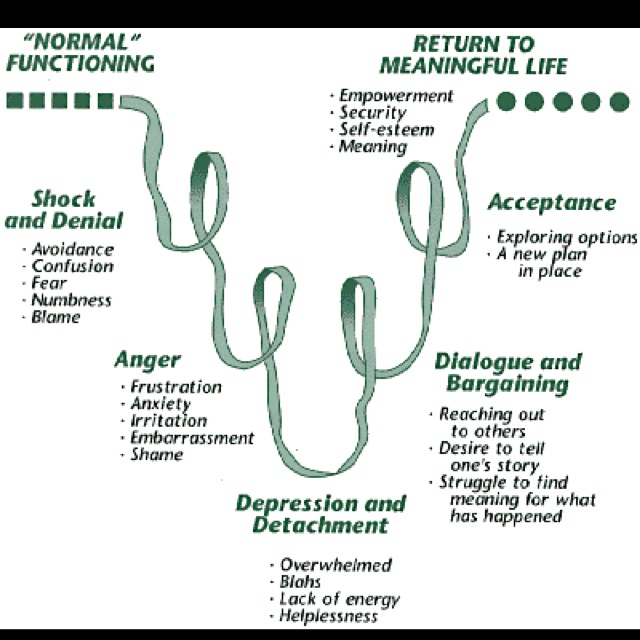TaiShang
ELITE MEMBER

- Joined
- Apr 30, 2014
- Messages
- 27,848
- Reaction score
- 70
- Country
- Location
Typical western media trying to gloss over US' loss, blame the Europeans and downplay China's win.....
When you go through the details, you will find it's a big loss to US and its lackey; Japan.
The AIIB is a big win for China.
--------------------
AIIB: US is not the only loser, and China is not such a big winner
27 May 2015 9:59AM
The recent rush by Western countries to join the Asian Infrastructure Investment Bank (AIIB) before the 30 March deadline set by China was widely, and rightly, seen as a policy failure for the US. Earlier, the US had openly opposed the bank.
View attachment 225238
Photo courtesy of Flickr user World Bank Photo Collection.
The US has also resisted reform of the Bretton Woods institutions, reforms which might have deterred the emerging economies from establishing new banks. A moderate reform of IMF quotas approved by the Fund's other members has been stuck in the US Congress for five years, aggravating China and the rest of the world.
In the same vein, but less widely known, a few years ago the US and Japan turned down a proposal by China and other Asian countries for a 'special capital increase' in the Asian Development Bank (ADB). This would have allowed these countries to channel some excess capital into the ADB and increase their voting shares in an institution which has served the West well. From a US perspective this would surely have been preferable to the establishment of a new bank by China.
The US has also been inept at reading its allies' intentions. It assumed that it could convince Australia, South Korea and its European allies to remain outside the AIIB. But once the UK broke ranks on 12 March and decided to join the bank, it became clear that accommodating China was the higher priority for virtually everyone.
But the policy failures do not stop with the US.
By rushing to apply to the AIIB in the last two and a half weeks of March, European countries displayed a remarkable lack of foresight and coordination in dealing with China, a skillful counter-party.
Had the European countries been strategic about joining the AIIB, they could already last year have formulated a common position on a raft of issues from the bank's management and governance structure to ensuring its integrity. They could have made these conditions for joining, and maintained a firm common front. By signing up piecemeal at the eleventh hour they have played their trump card and significantly weakened their negotiating stance.
Nor does Japan emerge unscathed. Once it became clear that much of the Western world would join the AIIB, Japan considered its options and announced its continued support for the US. But prioritising its loyalty to Washington over the financing of infrastructure in Asia can hardly have gone down well with its neighbours.
Within Japan, the Ministries of Finance and Foreign Affairs were rebuked by the major political parties for failing to warn them that Western countries might join the AIIB. Now that Tokyo has helped Washington to save face, it may also reverse course and join the bank.
Amid these missteps, the conventional wisdom is that China has emerged as the winner. However, this is only half true. Admittedly, China's multilateral bank has now become a much larger and more visible initiative than Beijing could have imagined. But the last-minute scramble to join caught Chinese authorities by surprise. China may have got more than it bargained for.
China's initiative started out as an Asian bank, which it could easily have dominated. In early March it had 27 prospective members, a month later it had 57, with more lining up to join. The AIIB now includes all of South and Southeast Asia, most of Central and East Asia and the Caucasus, much of Western Europe, Australia, Brazil, New Zealand, Russia, South Africa and several Middle Eastern countries, including Iran and its adversaries Israel and Saudi Arabia.
The diverse membership opens the bank to political and economic pressures that China had not expected to manage. To accommodate its members, there is already talk that the bank may have up to ten vice presidents. This would be a far cry from the lean organisation it was supposed to be.
What then are the key lessons from the AIIB experience? Despite the plethora of policy papers, books and reports on how the West and China ought to manage their relationship, all parties still have a lot to learn. A thorough stock-taking of their recent missteps would be a good place to start.
So which stage the Western media now?





 .
.





